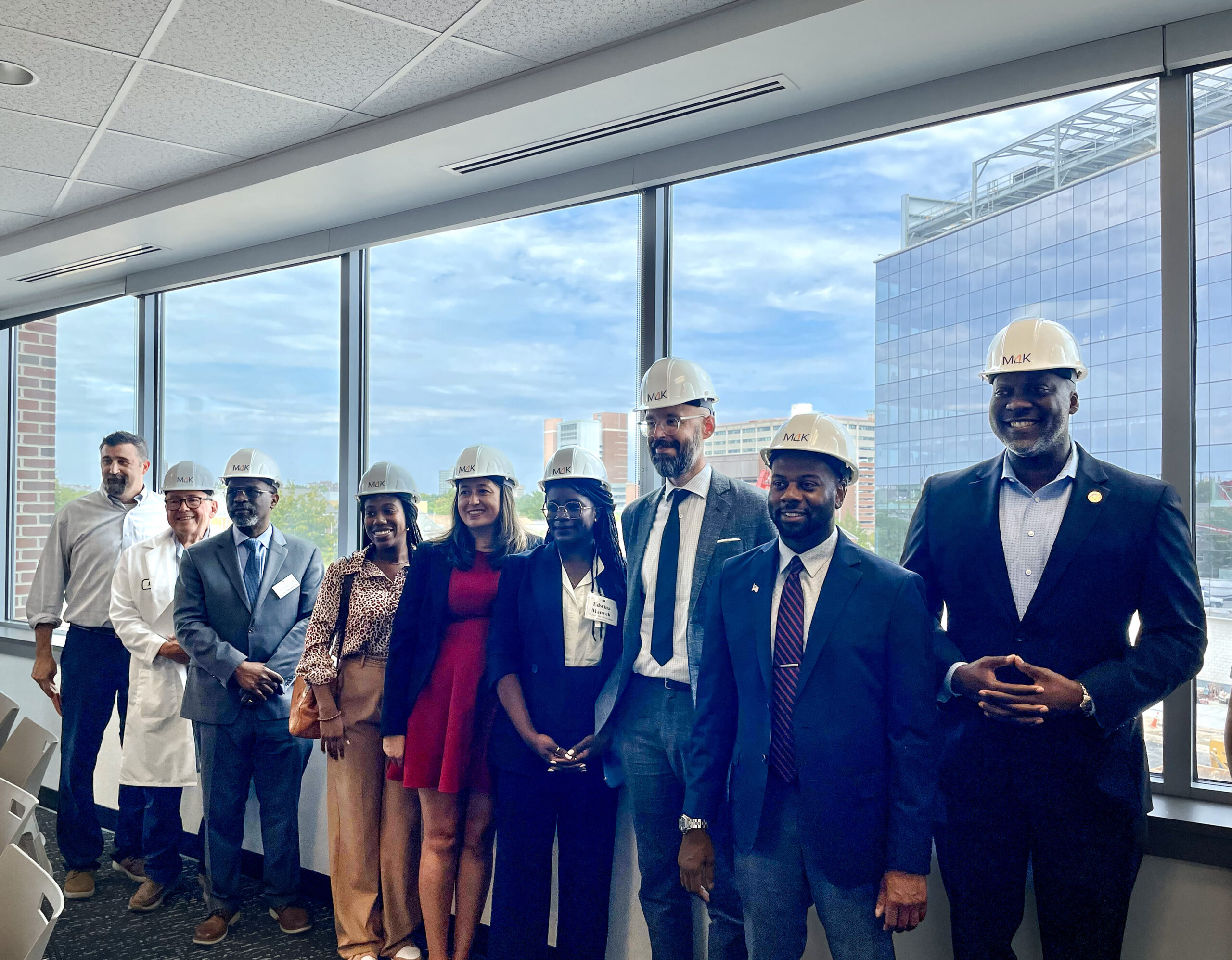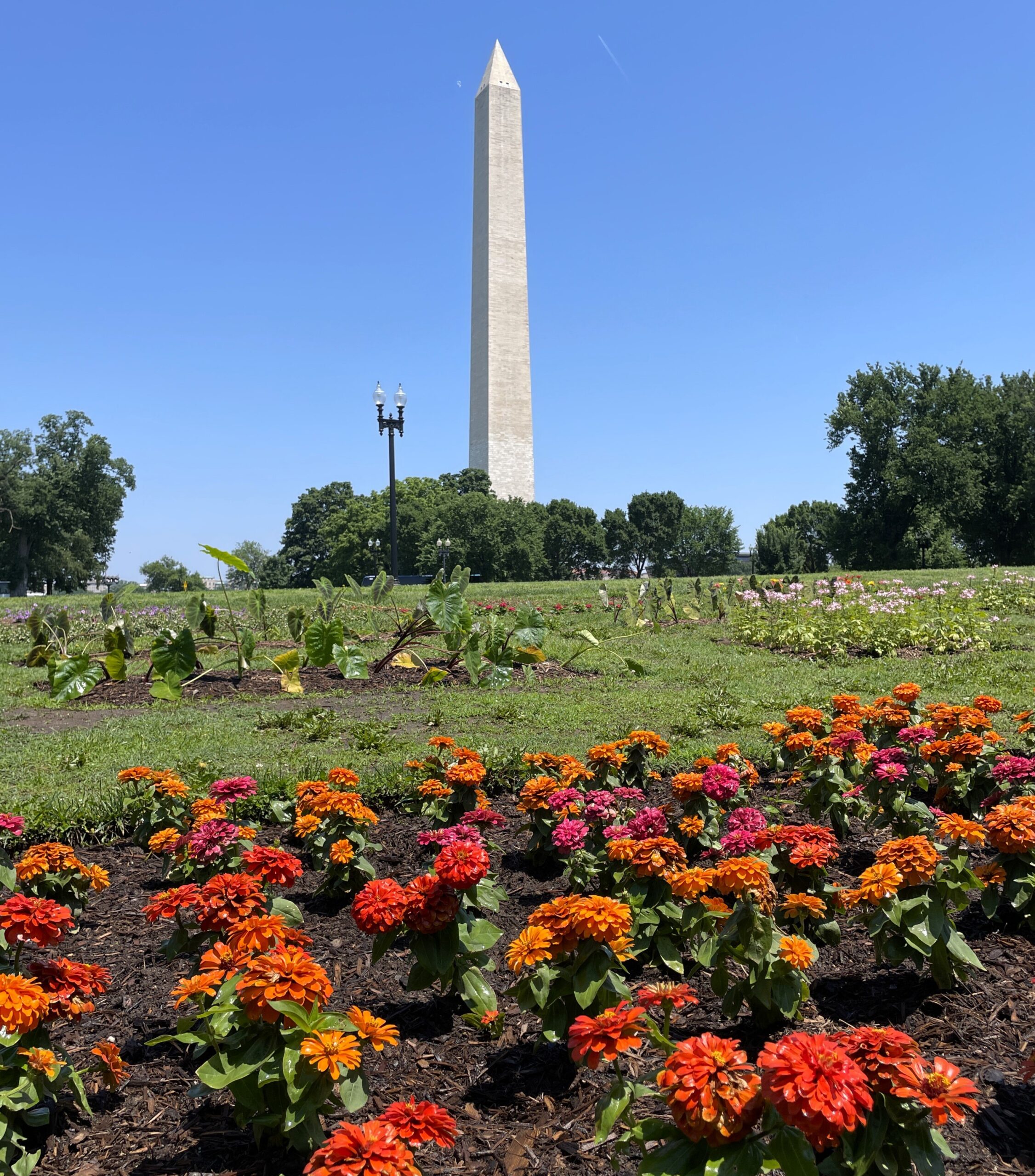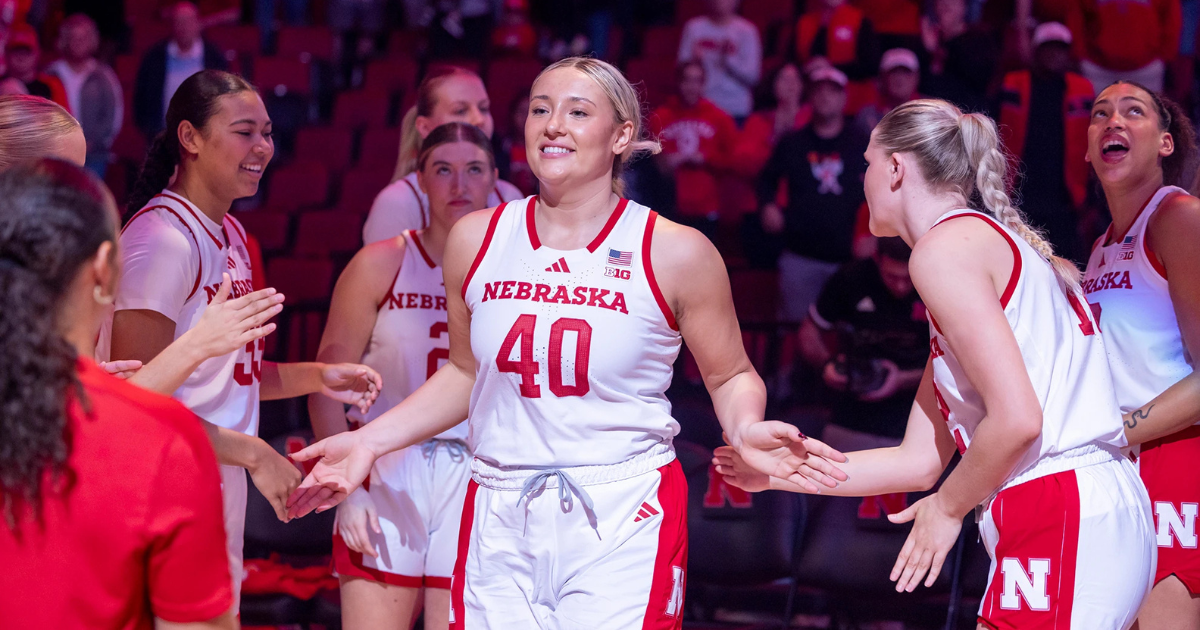You wouldn’t know from attending Baltimore tech and startup events that the regional economy faced some massive challenges this year.
Remember that massive ship destroying a bridge? The nine-figure payout required from our omnipresent athletic apparel giant? Yeah, those were pretty bad.
But the myriad of meetups, youth-centered workshops and celebrations that brought the region’s innovation ecosystem together — along with the political, economic and third-sector leaders that champion it — responded to these hurdles with optimism for this too-often-derided city.
Show up to those gatherings, and you can see the passion for yourself. Upstart execs mingle with program directors and investors looking for the region’s next great venture. Technologists make time outside business hours to network and share best practices. Founders show up for accelerators and decide to plant roots.
And they do all this with the endorsement of political leadership that shares their enthusiasm.
That enthusiasm threads together all the biggest stories from this ecosystem in 2024. Here are four we deemed of top importance.
$70 million snub won’t destroy infrastructure for success
Baltimore entered the year already designated one of the Economic Development Administration’s (EDA) 31 Tech Hubs, putting the city and surrounding counties in league with — and competition with — other regional ecosystems seeking millions in federal funding. Over 40 economic booster organizations, universities, government agencies and private companies threw their weight behind the $70 million bid to supercharge Baltimore’s tech scene around prominent anchors like AI, life sciences and advanced manufacturing.
The bid held promise. Mark Anthony Thomas, CEO of the bid-organizing Greater Baltimore Committee, even helped President Joe Biden at a Tech Hubs program event in October 2023.
But it hit a snag in July when the EDA left the Baltimore Tech Hub off its list of Phase 2 recipients. Despite the disappointment, the process isn’t over: Tech Hubs Director Eric Smith visited Baltimore to tour its myriad of assets and speak to its innovation leaders.
While the program’s future remains uncertain, many coalition members stay optimistic about the bid’s prospects, as well as the model of collaboration across regional and industry silos that made it possible.
“Competing gave us a regional tech-based economic development plan which put equitable development at its core,” said Ken Malone of Early Charm in July. “It’s the right plan, we’ll just find other ways to fund it.”
Community resilience through controversy and trauma
Baltimore’s innovation community suffered a massive blow in fall 2023 when EcoMap Technologies cofounder Pava LaPere, a prominent ecosystem fixture since her time creating student entrepreneurship pipelines at Johns Hopkins University, suddenly died. The community responded throughout 2024 with various initiatives to honor LaPere’s memory. These included legislation in her name, a fellowship for changemakers around the country, the rededication of a Johns Hopkins facility she helped found and a new conference spearheaded by her colleagues and friends.
2024 wasn’t done with Baltimore, though. With its enduring fallout, the deadly Francis Scott Key Bridge collapse was just the most nationally visible hit to the region’s economy. Otterbein-based tech training tentpole Catalyte laid off untold amounts of workers and lost its CEO despite outward signs of institutional success. So did Under Armour, which also paid out $434 million in a shareholder suit and weathered executive transition. Venture for America’s closure destroyed a once-dependable pipeline for startup founders and employees. A cancer diagnostics company with promising local roots shuttered its Baltimore offices.
Meanwhile, international conflict came to regional tech when protests against Israel’s lethal bombardment of Gaza shone an unflattering light on Maryland tech’s deep ties to military infrastructure here and abroad.
Call it survival or a convenient narrative pivot, but these hurdles didn’t keep Greater Baltimore on the sidelines. The public and private sectors quickly mobilized after the bridge collapse, assembling funding and holding a major economic development celebration by where the wreckage was stored. Under Armour recommitted to a new global headquarters that anchors development in Baltimore Peninsula. And through it all, the enterprise scene kept meeting up, broadcasting its reputation, publishing its stats and turning out.
State supports and new funds keep the startup economy alive
The challenges above notwithstanding, national economic headwinds kept most of the region’s top-performing companies that receive venture funding from repeating prior years’ successes. But where VCs wouldn’t show up, Maryland did its best.
Vehicles like the Department of Commerce’s Build Our Future grants and TEDCO’s myriad of specialty programs continued boosting companies and technical research throughout the region. Meanwhile, new or emerging private entities like the Tiger Fund, Latimer House, Techstars AI Health Baltimore and 1891 Angels arose to back specialty companies in various industries.
Academic pipelines emerge and grow
Some of the public and private funding entities cited in this article created new capacity to support students at all levels of the technical education network. One of the two state bills named after EcoMap’s LaPere granted TEDCO money for student entrepreneurship, and $500,000 of it seeded a new program for collegiate founders across Greater Baltimore’s many universities. One of those schools, Coppin State University, partnered with Open Works on a new makerspace and tech transfer program.
The pipeline extends beyond the four-year higher education institutions. BCR Cyber got millions of public funds to roll out its Israel Defense Force-inspired cybersecurity training module to the state’s community colleges, while Howard County high schoolers got to pilot a program involving deep education in artificial intelligence and ethics.
Moreover, K-12 education remained an institutional priority, reflected in developments like the inaugural STEM Unbound event, Maryland Science Center expansion and Cal Ripken Sr. Foundation-seeded STEM centers.
Technical.ly events reporter Anand Macherla contributed to this article.
This piece mentions TEDCO, a Technical.ly client. That relationship has no impact on this story.














